Nigeria’s history is cyclical. Change the dates and years, and you realise that as a nation we have been dealing with the same issues over and over. Headlines from the 80s could be conveniently used for events in 2021. It is hard to calculate any political or economic progress. This should be a cause for reflective thinking, unfortunately, not much of that happens here.
While Nigeria’s Minister of Communications and Digital Economy, Dr. Isa Ali Pantami has been in the news for his extremist comments which led to religious tensions in the northern parts of the country, he is not the first Nigerian minister or official who would hold a sensitive position and push for a religious agenda in the country.
In 1986 when Ibrahim Badamasi Babangida was the head of state, Nigeria joined the Organisation of the Islamic Conference (OIC) without the country being aware of it. Not even Babangida’s second in command, Commodore Ebitu Ukiwe was aware that Nigeria had joined the OIC. If his exclusion could be excused as a mistake, how could the exclusion of the Minister of Foreign Affairs Professor Bolaji Akinyemi or the Information Minister Colonel Anthony Ukpo be excused? This decision that was taken without being presented before the National Council of Ministers or the Armed Forces Ruling Council (AFRC) came as a surprise to the country but not as a surprise to a certain caucus within government.
Nigeria was an observer state in the OIC under Yakubu Gowon. But it was a delegation led by the Minister for Mines and Power, Alhaji Rilwanu Lukman , and included the CBN Governor Abdulkadir Ahmed, a Permanent Secretary in the National Planning Ministry Abubakar Alhaji and Ibrahim Dasuki, the Secretary General of the Supreme Council on Islamic Affairs that secretly made Nigeria a member.
As Max Siollun would write, “The OIC controversy gripped the press, caused deep antagonism between Muslims and Christians, and inevitably led to deadly religious violence”. After Babangida played his Maradona card by appointing a Christian to head “a 25 member committee to report on Nigeria’s membership of the OIC” there was some calm. Nigeria was not withdrawn from the OIC and the report by the committee didn’t say anything that would invoke the ire of the public. And Babangida? He did not comment on the issue again and waited for the public to forget.
This has always been how Nigeria has dealt with religious issues which have many times had an intersection with the government. Why does the Nigerian government meddle so much in religion and ethnic bigotry instead of governance? One could easily point out to a structure the British put in place when they left the country, a similar structure they established in Kenya and Sudan. But also, for Nigeria, her leaders consider governance a distraction while religion and tribalism is what they live for.
It is easier to cause chaos than to build and no other ingredients are needed than religion and tribalism, and Nigeria has that in abundance. Babangida’s slippery role in getting Nigeria to join the OIC was not a one time affair. And many other leaders took the playbook from him. Army generals, in a bid to keep power, always maintained caucuses and inner cabals who were most times made up of old friends from primary and secondary school, or the defence academy. Many times their shared similarities was religion, language and corruption.
In his book Soldiers of Fortune, Max Siollun diagnosed military governance adequately. He said, “Nigerian military governance has been characterized by coups and military governments dominated by cadres of boyhood friends, school mates and defence academy peers. These peers self perpetuate and protect themselves from attrition by grooming new peer groups from the school military intakes below them.”
Take a look at the groups that made up Babangida’s list of cabal: the graduates of the NDA’s 3rd Regular Combatant Course, the Langtang Mafia, the Zuru group of officers and the Bida Middle School alumni.
This culture was also perpetuated in Nigeria’s civilian rule. This partly explains why political and economic progress in the country is stagnant. Take Buhari’s 42 year relationship with the late Abba Kyari who acted as a buffer to the Presidency. Their friendship which started in their 20s would play a significant role in how Nigeria would be governed decades later. This relationship was however not in isolation. Abba Kyari was very close to Isa Funtua, Mamman Daura (Buhari’s nephew) and Dr. Ibrahim Tahir, whose sister-in-law he would later marry. The quartet were part of what Mvendaga Jibo referred to as the Kaduna Mafia; a group of UK educated individuals, bonded by religion, tradition and ethnicity. Buhari’s ascension into power would further strengthen their positions.
And so, in Nigeria, when a leader ascends to power, it is with all these baggage of relationships that further shifts power play and turns Aso Rock to a palace court where court jesters, political sycophants and all sorts of political tricks take place instead of governance. Governance itself becomes a distraction and the motive for being in power takes centre stage; feed the cabal. These cabals then dictate the pace of the country’s growth. And instead of national agendas, we end up dealing with cabal agendas. It becomes impossible to hold any leader accountable to their manifestos. Once power is attained, the directors backstage shout cut! And a new production begins.
So, why was a former CBN Governor and other ministers interested in spearheading Nigeria to join the OIC? Why was a section of the government and Nigerians unaware that their country had joined the OIC? What was the ultimate goal really? Power? Could this explain why a certain part of the country feels entitled to holding on to power and rotating power around itself?
The northern part of the country is not the only one guilty of this cabalism, but they are the greater beneficiaries of it. Dr. Goodluck Ebele Jonathan had his own wing man, Oronto Douglass. When Douglass, a top aide of Goodluck Jonathan fell sick and eventually died, something shifted in the GEJ administration. He was described as “one of those who had the most far-reaching influence on President Jonathan”.
Jonathan was himself a victim of Yar’adua’s cabal when soldiers were lined up in Abuja without his knowledge or without knowing who gave the orders. What this portends for a country like Nigeria is a continuous cycle of self-deception that what we have is a democracy and that elections are a solution to the misgovernance we keep on experiencing. It is why despite the evidence presented against Pantami, he will be shielded by the cabal. The cabal is not beholden to ethics or the constitution of the country.
Buhari who is said to be very loyal to those who showed loyalty to him before he became president will likely ignore the calls to sack Pantami. But this brings to fore that Nigeria as a state can’t exist without certain religious agenda rocking regimes. Most importantly it highlights that governance in this country will be a fable. While other governors build churches and statues of Jesus, egged on by Bishops, Pastors and Imams to keep oiling the machinery of government every four years, the germane issues are left unattended.
To understand the current Buhari government, one must understand those who Pantami has layered himself around, the Izala Society also called JIBWIS who have penetrated government and politics. In Buhari’s government, they hold sway. If Nigerians had gone back in time to listen to videos of Buhari every time he lost an election, we’d find similar if not worse statements than what Pantami put out.
At this point, it is too late to separate governance from religion and tribalism in Nigeria. It has been here, and it will be here as long as state governments and the federal government still sponsor pilgrims to Mecca and Jerusalem. Regardless of whatever strongman is voted into power, we will be in the same mess when it comes to governance in Nigeria; religion, tribe and the agenda of the cabals.
Subscribe
Be the first to receive special investigative reports and features in your inbox.


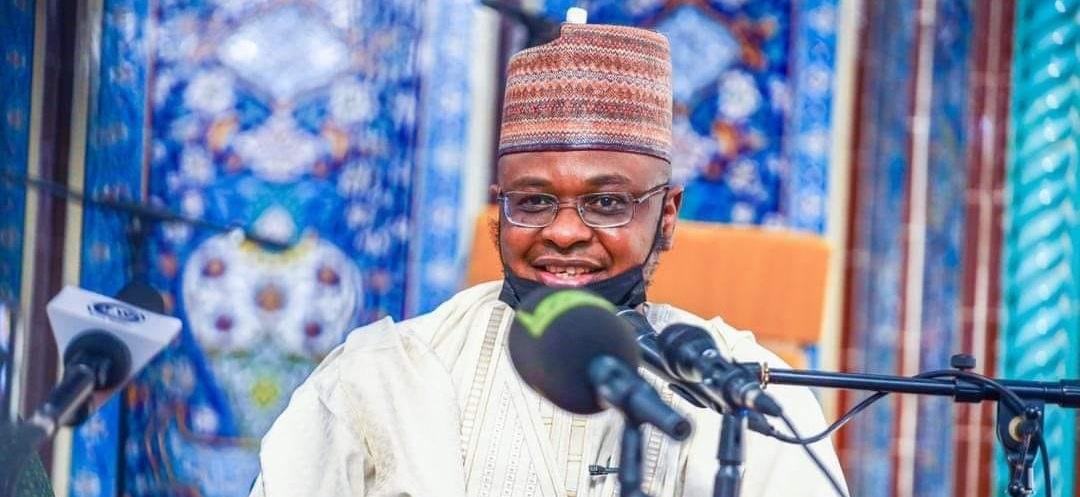



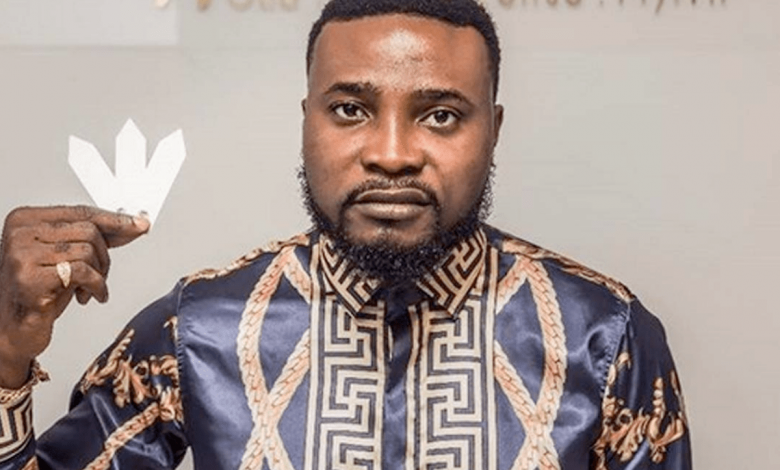

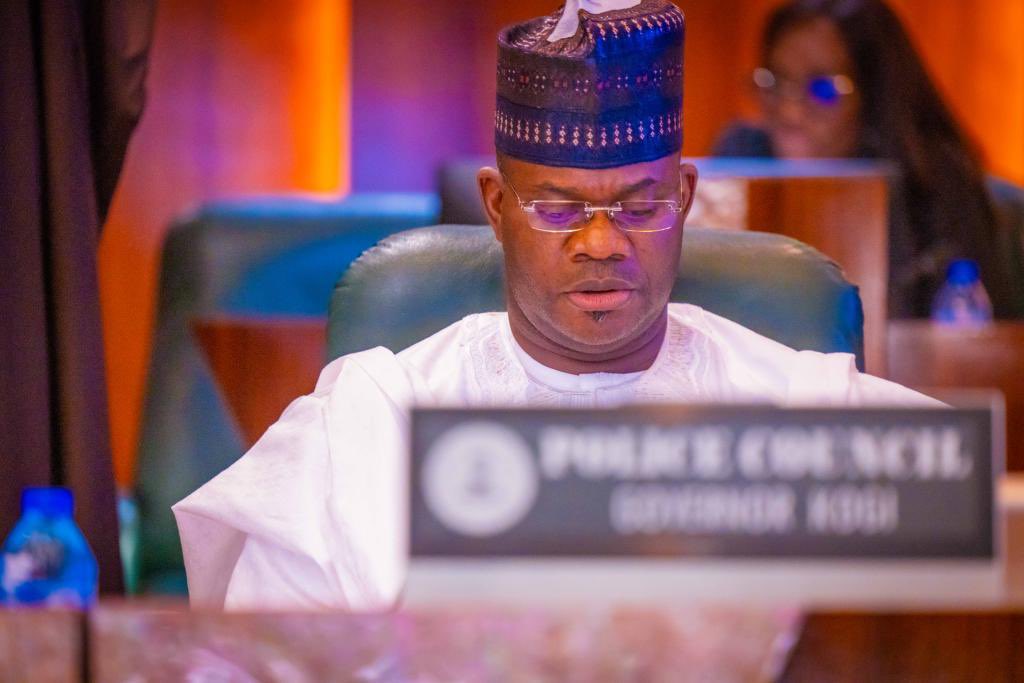
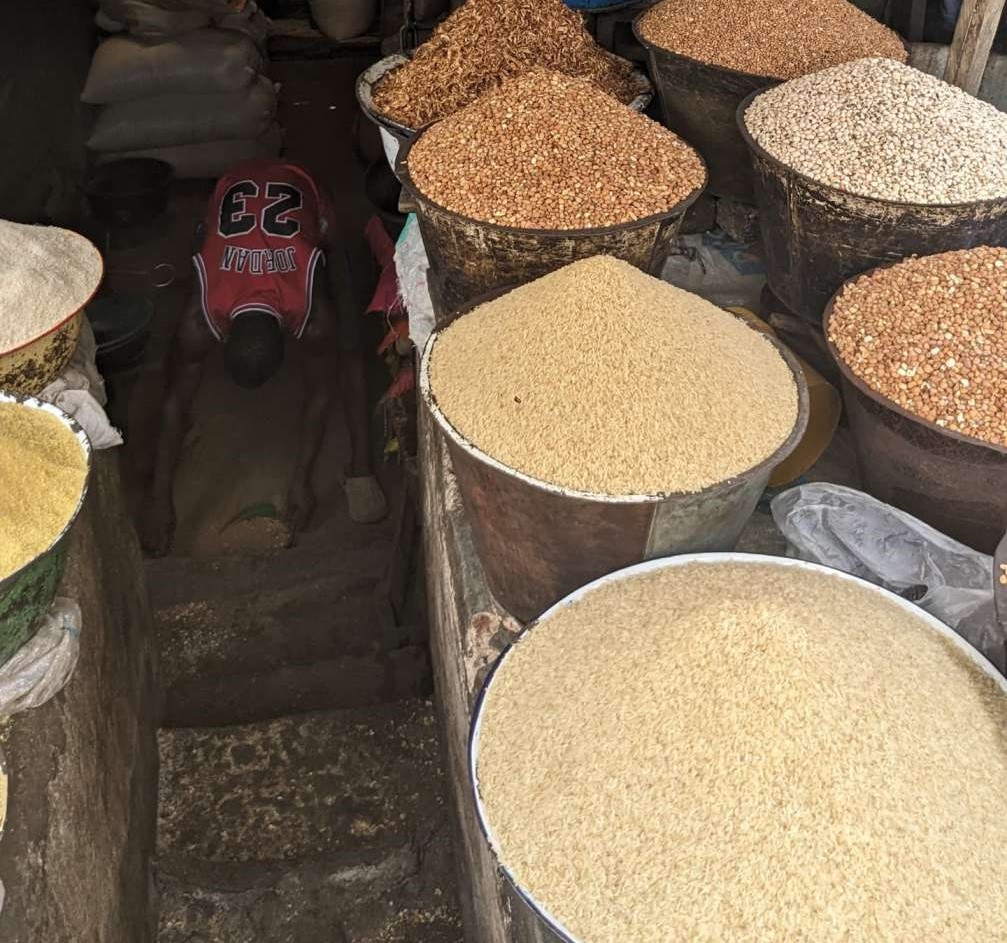
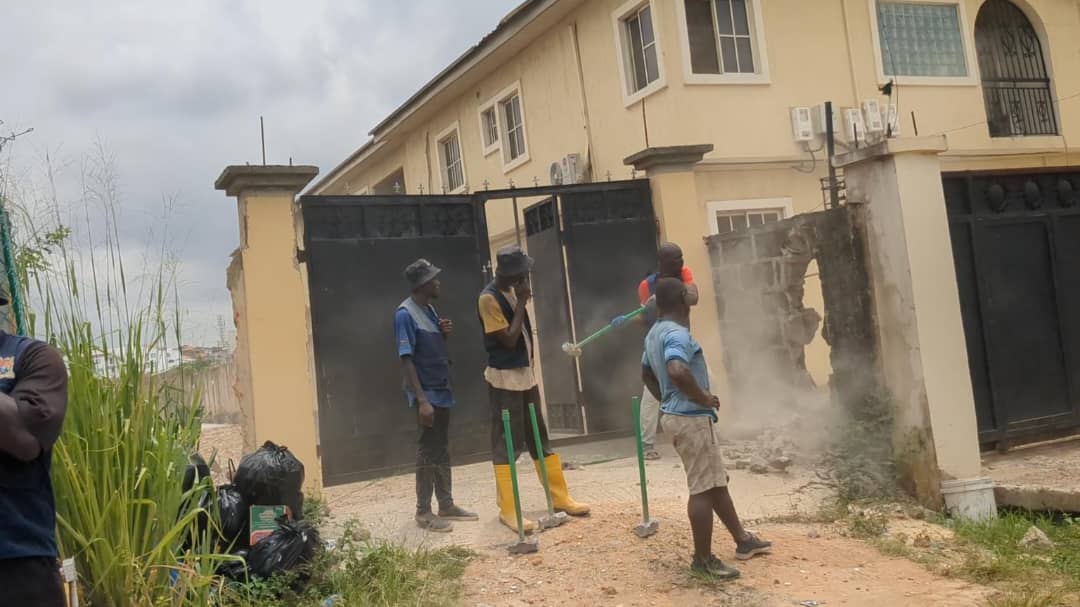

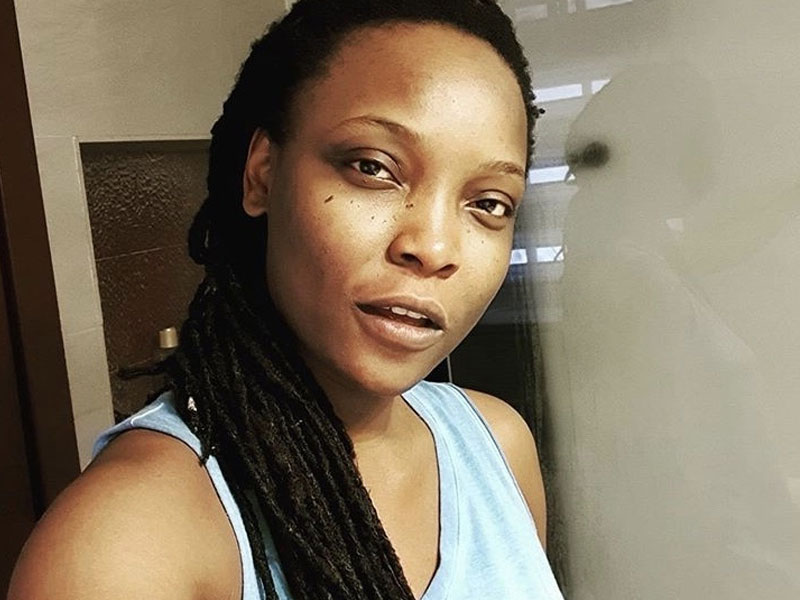
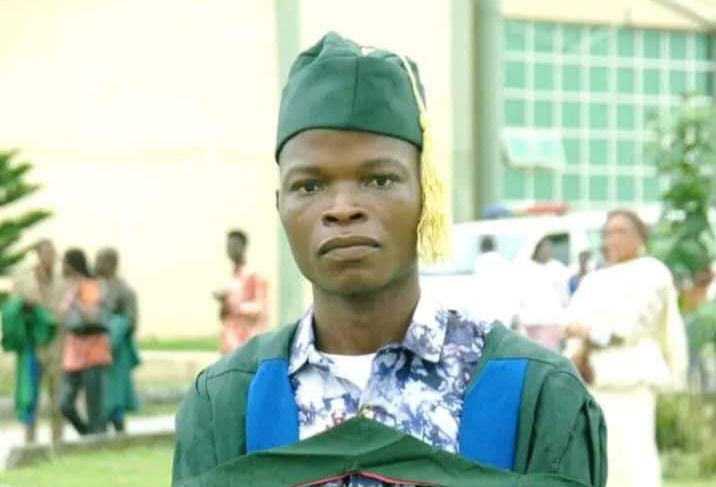


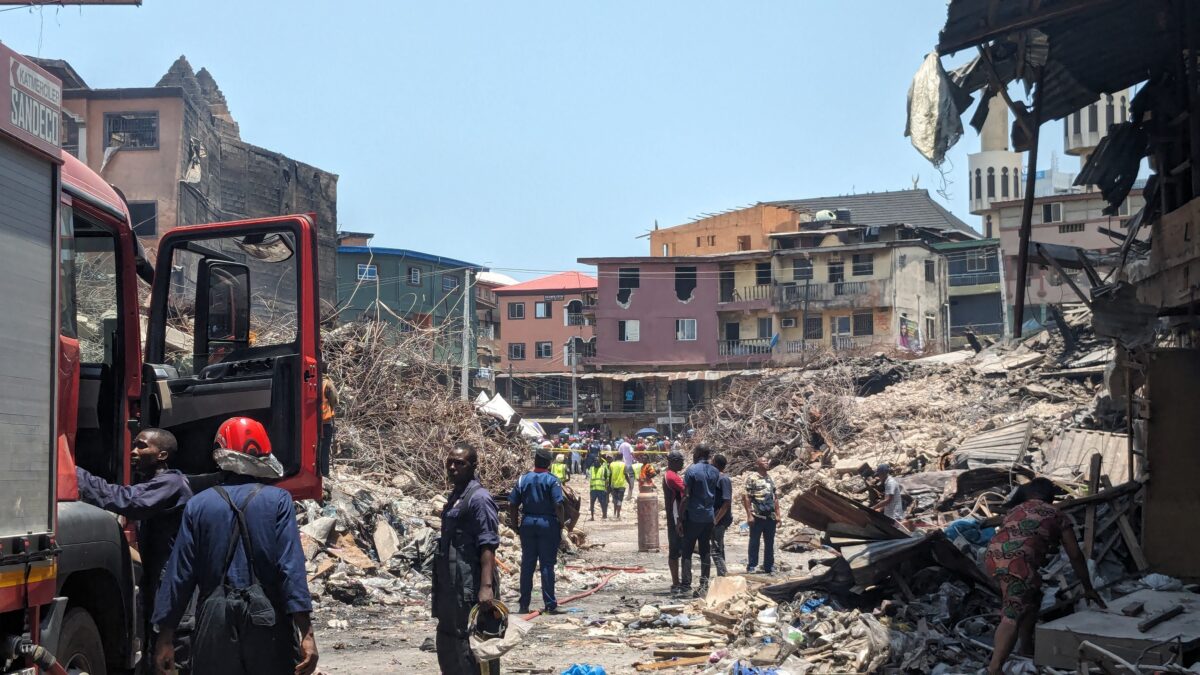

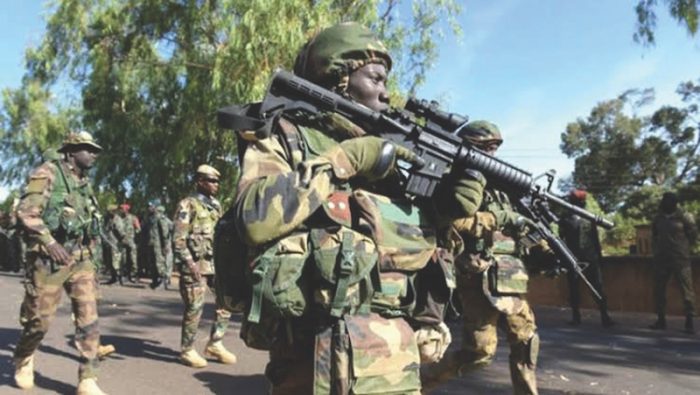
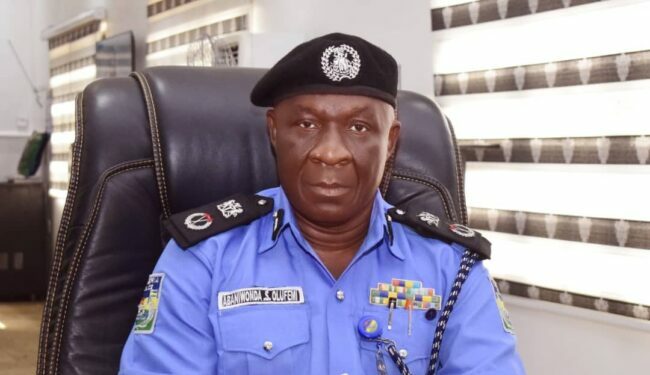
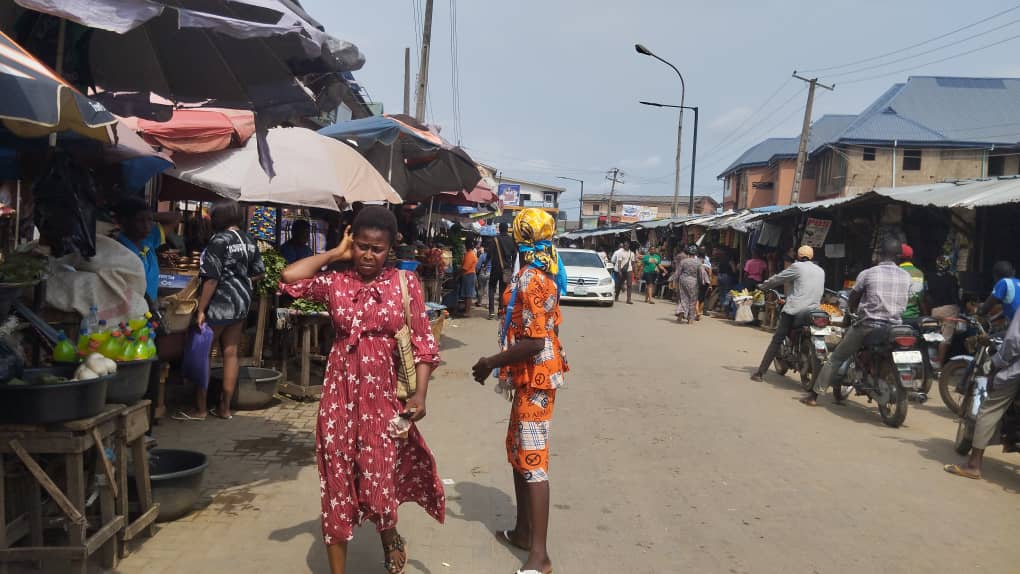
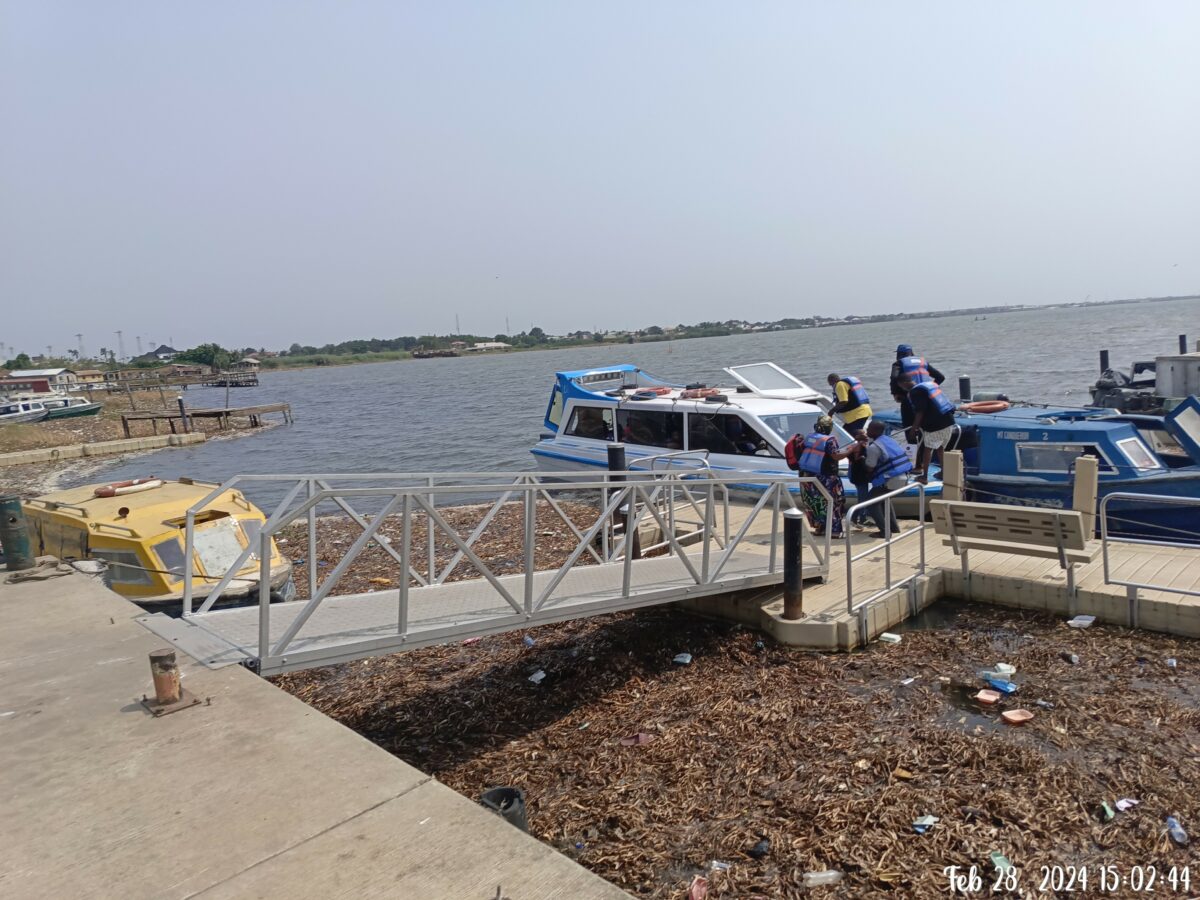
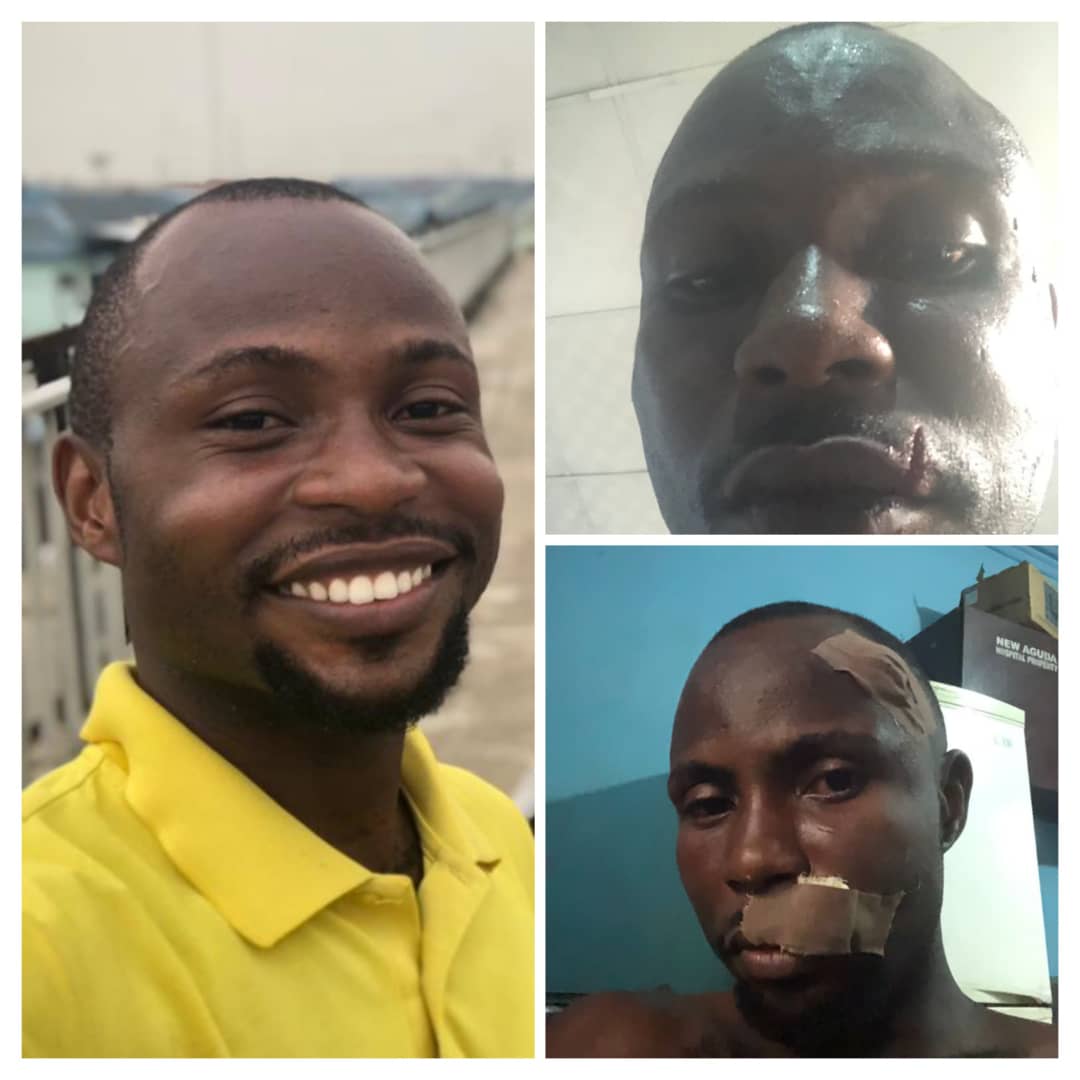
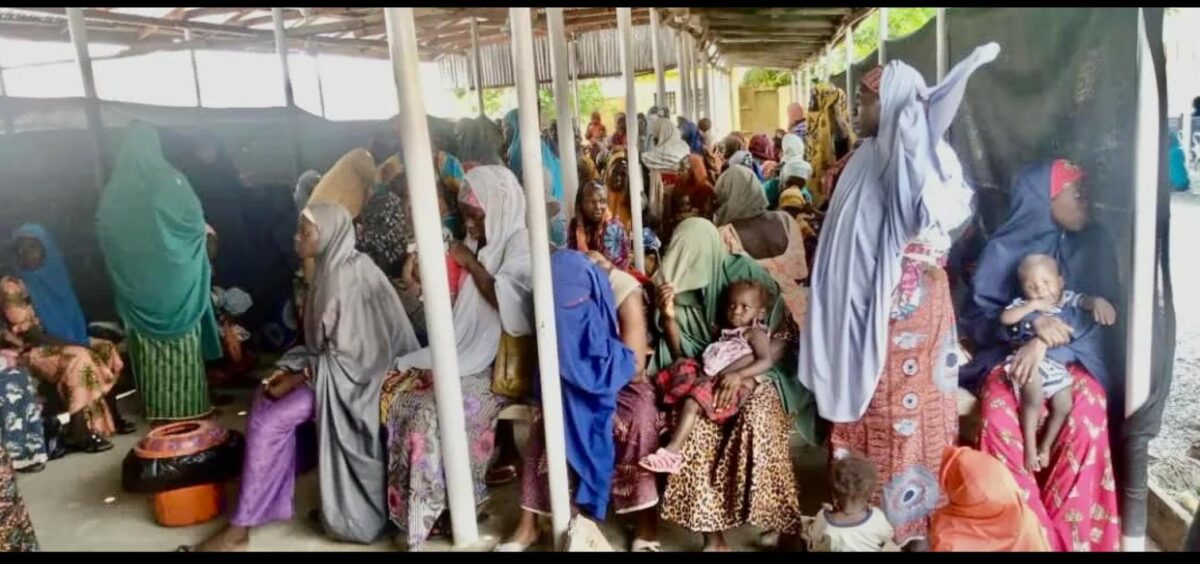
One reply on “Before Pantami, there Was Abdulkadir Ahmed, a CBN Governor, and Others Who Secretly Registered Nigeria Into Islamic Group”
Terrorists in governance